Swiss Muslim population to grow, migration or not

The Muslim population in Europe will continue to grow over the next several decades even if immigration to the continent were halted, according to a study. However, Swiss academics question the accuracy and value of such predictions.
The Pew Research Center reportExternal link, published on Thursday, modelled three scenarios for estimating the number of Muslims who will be living in Europe by 2050. All three used a mid-2016 estimate of 25.8 million as a baseline, but assumed different future migration rates.
Under the “zero migration” scenario, an estimated 30 million Muslims would make up 7.4% of Europe’s population by 2050 compared with the 4.9% they made up last year, the report projected. The researchers say that is mostly because Muslims are on average 13 years younger than other Europeans and have a higher birth rate.
Under this scenario, the Swiss Muslim population would increase from 6.1% in 2016 to 8.2% in 2050 – in other words, from 500,000 to 660,000.
The study estimates that 58.8 million Muslims would account for 11.2% of the population in a “medium migration” scenario that has migration maintaining a “regular speed” – defined by the Pew researchers as migration motivated by economic, educational and family reasons – but not for seeking asylum as a refugee.
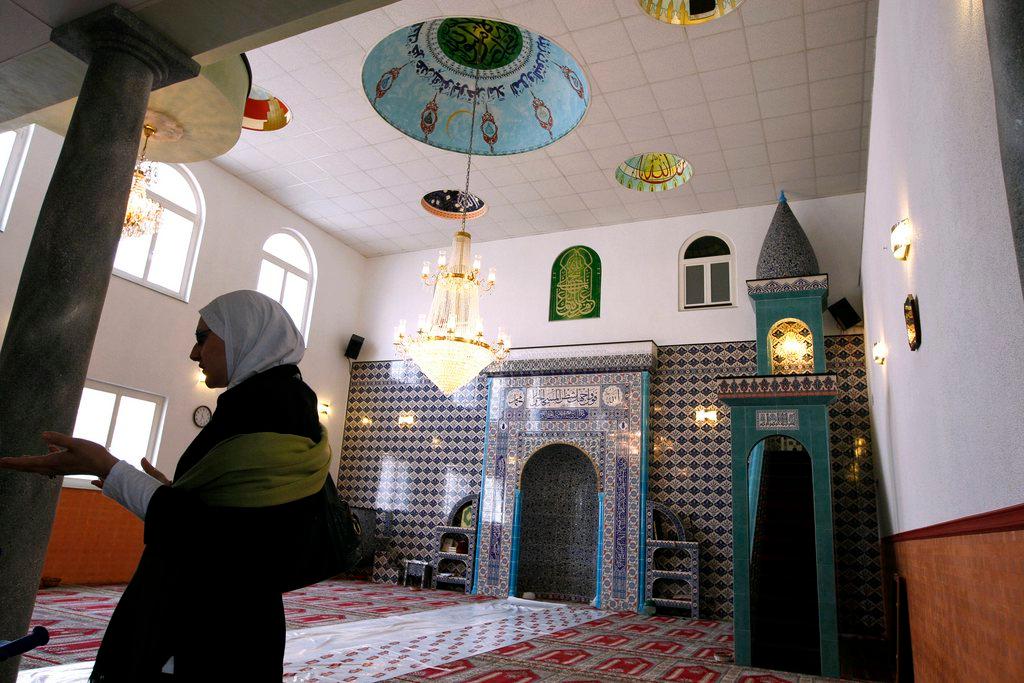
More
Survey finds Muslims well integrated into Swiss society
Under the “medium migration” scenario, the Swiss Muslim population would increase to 1,140,000 (10.3%) in 2050.
In the “high migration” scenario, the study projects that the record flow of migrants who came to Europe between 2015 and 2016 would continue indefinitely, resulting in 75 million Muslims in Europe, a 14% increase, by the middle of the century.
Under the “high migration” scenario, the Swiss Muslim population would increase to 1,500,000 (12.9%) in 2050.
Even with the most immigration, Muslims would “still be considerably smaller than the populations of both Christians and people with no religion in Europe”, the researchers concluded.
Pinch of salt
However, Swiss experts on religion believe such long-range predictions should be taken with a pinch of salt.
Antonius Liedhegener, professor of politics and religion at the University of Lucerne, told the Neue Zürcher ZeitungExternal link newspaper that anything beyond 2030 should be treated with care.
He added that secularisation was an important factor and that most second- or third-generation Muslims in Switzerland have a distanced relationship to religion.
“Many people who have come here in recent years precisely to get away from the violence of Islamist extremists,” he said.
Hansjörg Schmid, director of the Swiss Centre for Islam and Society at the University of Fribourg, warned that such prognoses ran the risk of being instrumentalised by populist groups.
He also pointed out that, whereas the Pew study assumed the birth rate of Muslims in Switzerland would remain at 2.1 compared with 1.5 for non-Muslims, “in many Muslim countries a strong decline in the birth rate has been noticed”. Also the Swiss census from 2000 showed that the birth rate among integrated Muslims had fallen.
Populist backlash
Muslim immigrants have been a politically sensitive topic in Europe following the influx of newcomers in 2015 and 2016. Some countries have seen backlashes that have included populist parties campaigning on anti-Islam messages.
Switzerland has seen growing support for bans on burkas in public, with two cantons passing such bans, most recently in St Gallen on Tuesday.
The Pew study was based on census and survey data, population registers, immigration data and other sources. The 30 countries it covered include the 28 European Union members, plus Norway and Switzerland.
Not all countries would be affected evenly by future immigration, according to the Pew report. In the high migration scenario, Germany and Sweden would have the biggest increases because both countries took in the most asylum-seekers during the height of the refugee crisis two years ago.

In compliance with the JTI standards
More: SWI swissinfo.ch certified by the Journalism Trust Initiative
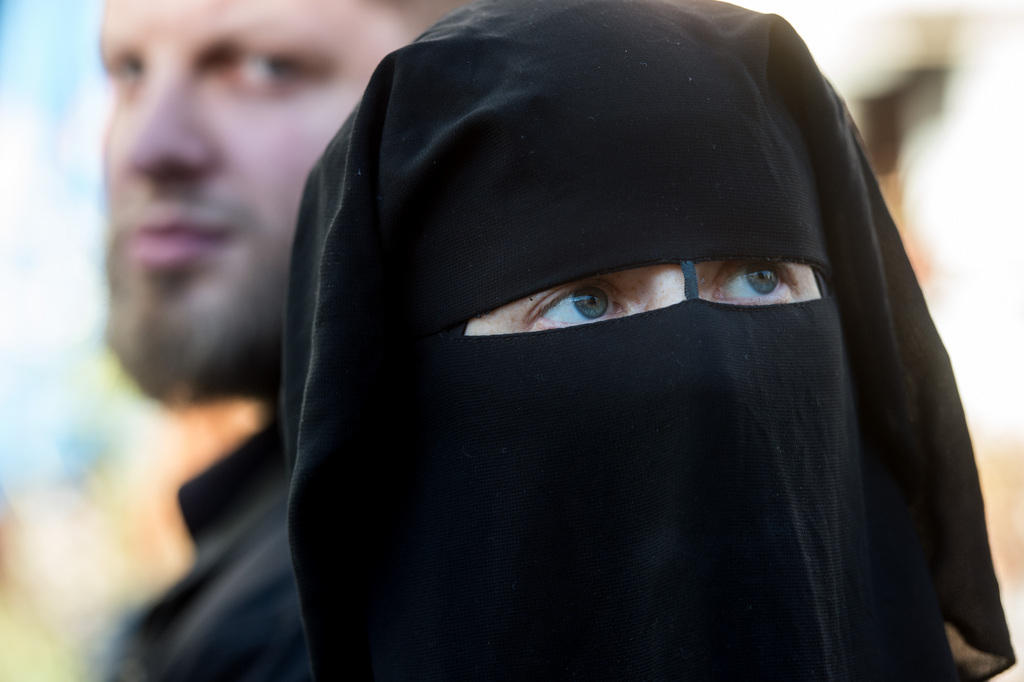
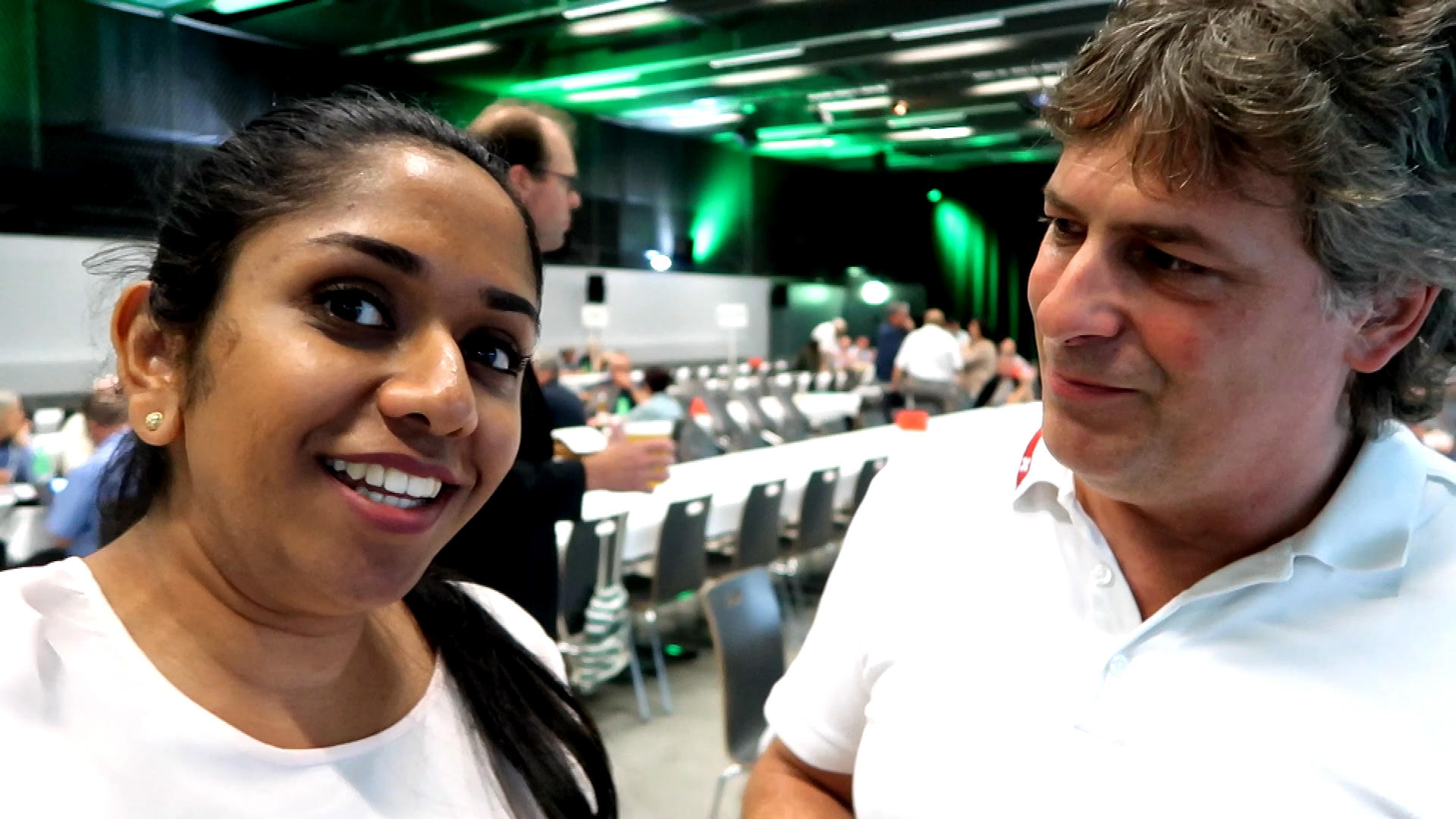
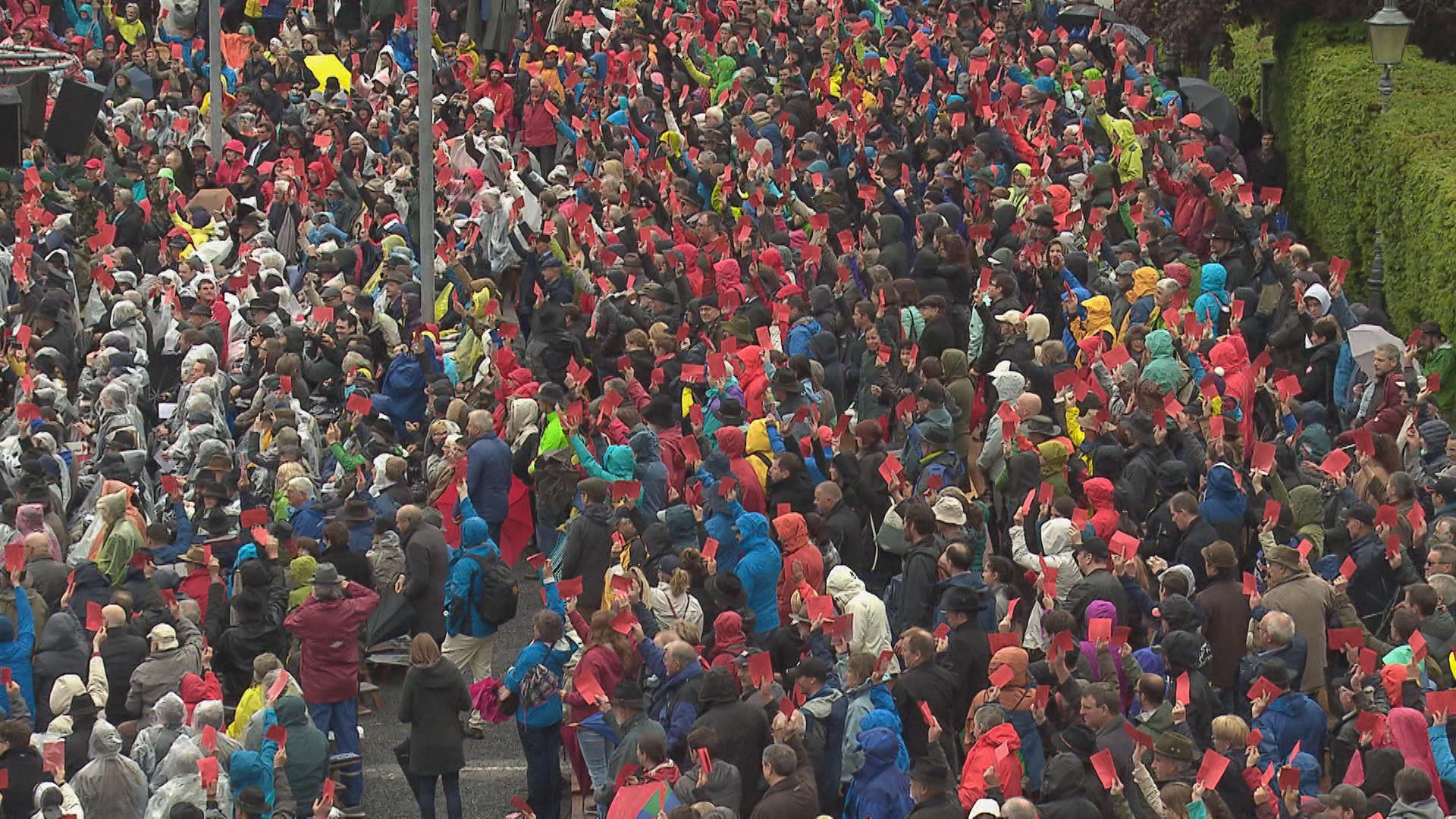
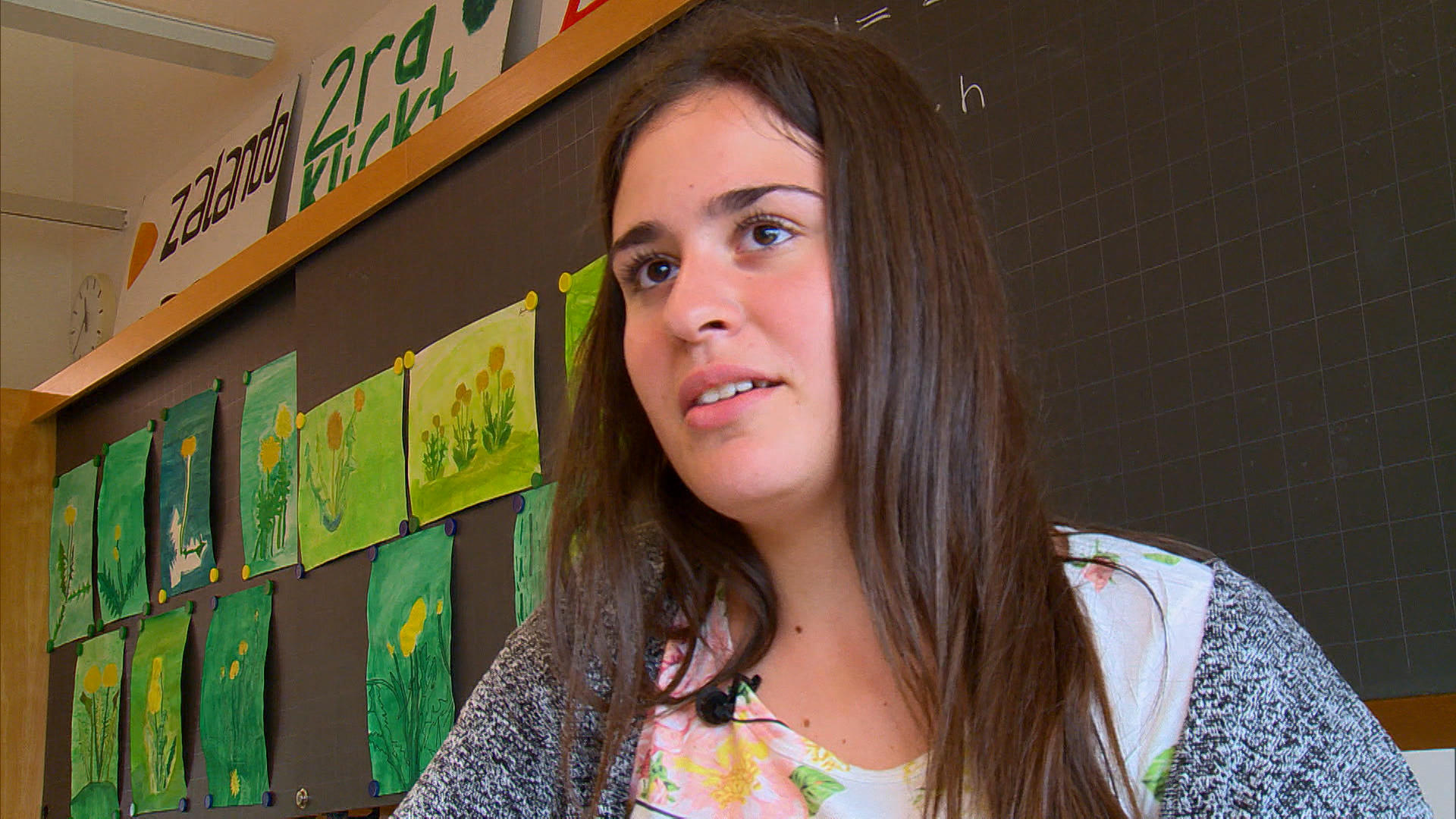
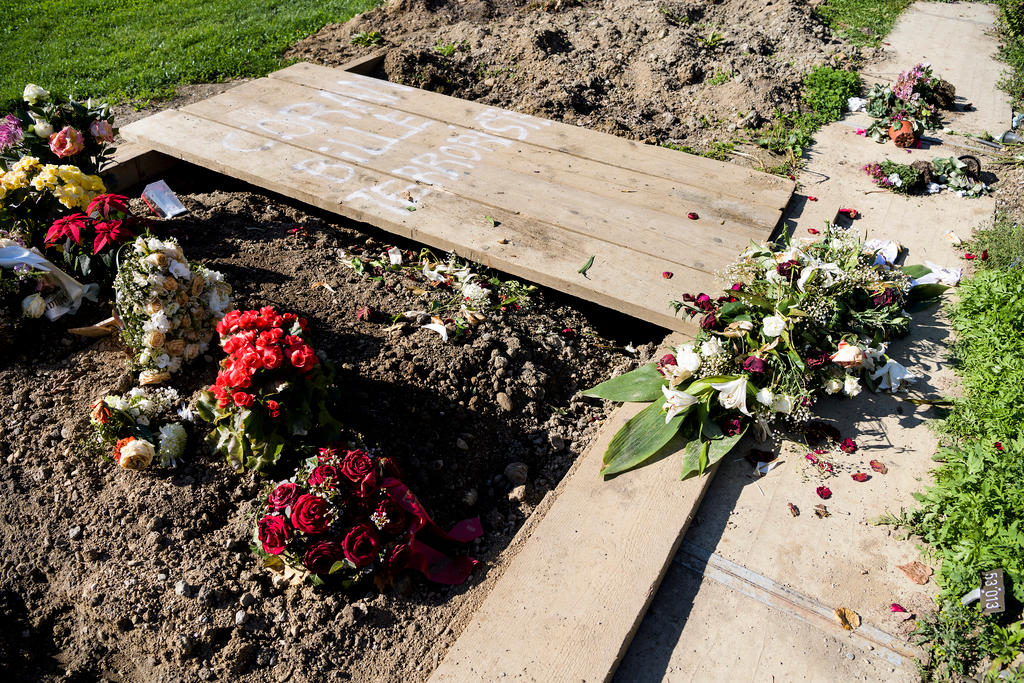
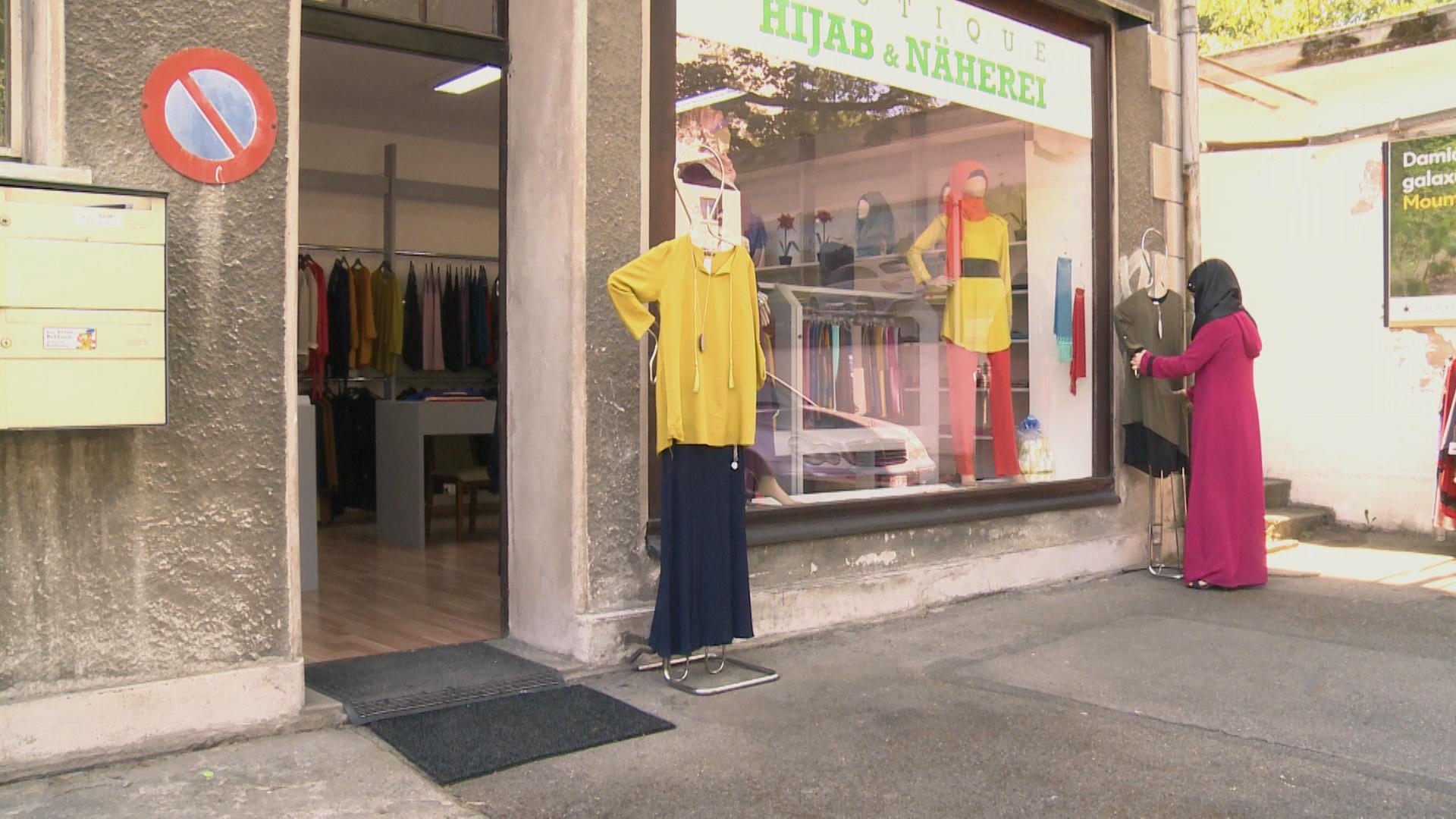
You can find an overview of ongoing debates with our journalists here. Please join us!
If you want to start a conversation about a topic raised in this article or want to report factual errors, email us at english@swissinfo.ch.